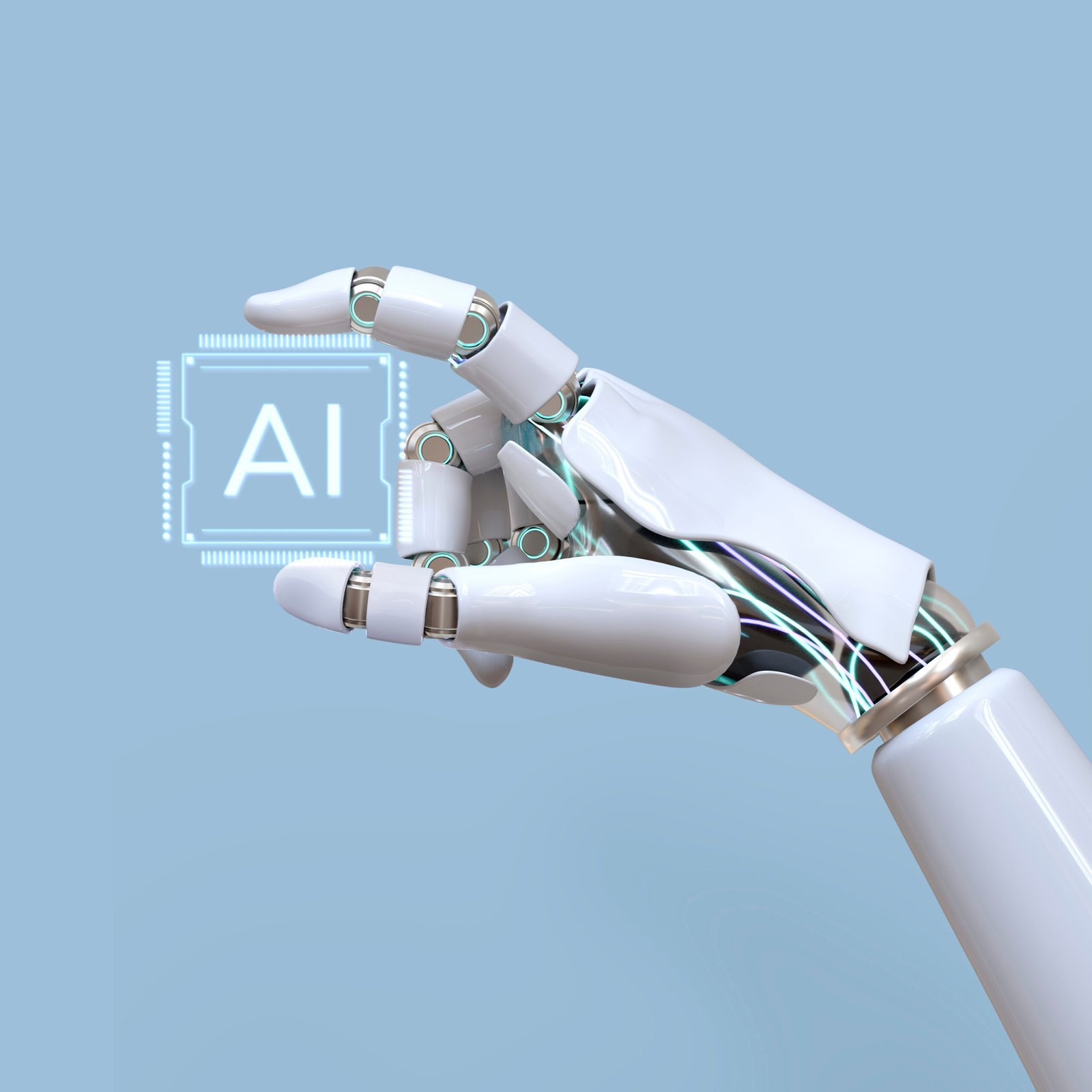Automation has evolved from being a futuristic idea to a necessity for survival. Companies now compete on how efficiently they can automate repetitive tasks and free up human talent for creativity. This is where “RPA development services” redefine the rules of modern business. Robotic Process Automation (RPA) is not just about robots doing human work—it’s about creating a new layer of digital intelligence that empowers companies to operate smarter, faster, and leaner.
The Changing Landscape of Automation
In the past decade, the speed of technological transformation has outpaced expectations. Businesses once relied on manual workflows, but now every organization seeks intelligent automation. According to Gartner, 80% of organizations will adopt some form of RPA by 2026. This shift is not accidental. It’s driven by the need for precision, scalability, and efficiency. “RPA development services” help businesses automate rule-based tasks like data entry, invoice processing, and customer onboarding. These small steps create big waves in operational excellence.
Why RPA Development Services Matter Today
Every business feels the pressure to do more with less. Margins shrink, customers demand faster service, and employees struggle to balance workloads. RPA becomes the hero in this story. It replaces mundane, repetitive processes with automated workflows that never sleep. Deloitte reports that RPA can cut operational costs by up to 59% while improving accuracy rates by over 90%. These numbers speak for themselves. When implemented correctly, “RPA development services” don’t just automate processes—they redefine business strategy.
Building Efficiency That Lasts
Efficiency is not a one-time achievement. It’s a culture. RPA developers design bots that replicate human actions but execute them faster and without errors. Imagine a finance department processing thousands of transactions daily. With RPA, those transactions happen in minutes, not hours. Moreover, automation doesn’t stop at finance. HR, customer service, supply chain, and IT all benefit from automation. A McKinsey study revealed that automation could save employees up to 30% of their time every week. This reclaimed time can drive innovation, employee satisfaction, and customer experience improvements.
The Emotional Impact of Automation
When people hear “automation,” fear often follows. There’s anxiety about job losses and human replacement. But the truth is different. RPA does not remove people—it redefines their purpose. It allows employees to focus on meaningful work rather than tedious data entry or report generation. A study by UiPath found that 68% of workers felt happier when RPA took over their repetitive tasks. This shift creates a positive emotional connection to technology. It humanizes automation. “RPA development services” don’t just make companies efficient—they make workplaces more human.
The Core of Successful RPA Development
Effective automation doesn’t start with coding. It starts with understanding. RPA developers begin by analyzing workflows and identifying bottlenecks. They map out how data moves through a system and where human intervention slows things down. Once they identify opportunities, they create bots that mimic human actions like reading emails, copying data, or generating invoices. Every bot learns to adapt, optimize, and improve. This level of customization is what separates generic automation tools from professional “RPA development services.”
Combining RPA with Artificial Intelligence
The real magic happens when RPA meets AI. Traditional RPA handles rule-based tasks, while AI brings intelligence to decision-making. Together, they create a powerhouse of automation. AI-powered bots can read unstructured data, understand customer sentiments, and even predict business trends. For instance, a chatbot powered by AI and RPA can automatically resolve customer complaints while updating internal systems in real time. According to Forrester, combining RPA with AI can boost process efficiency by up to 80%. Businesses that integrate both stand miles ahead in digital transformation.
Overcoming Challenges in RPA Implementation
While RPA offers tremendous potential, challenges exist. Some companies rush into automation without strategy. Others underestimate the importance of change management. The key is collaboration. IT and business teams must work hand in hand. Training employees to understand RPA helps reduce resistance. Also, choosing the right partner for “RPA development services” ensures seamless implementation. A skilled RPA developer doesn’t just code bots—they align automation with your business goals. The success of automation lies in its adaptability, scalability, and long-term sustainability.
Measurable ROI and Real-World Examples
Let’s talk results. A global logistics company implemented RPA to handle shipment tracking. The bots processed 95% of transactions without errors and saved 20,000 employee hours annually. A leading bank reduced loan processing time by 60% using “RPA development services.” Meanwhile, an insurance company used RPA to manage claim submissions, cutting processing time from 14 days to just two. These examples show that RPA isn’t theoretical—it’s practical, measurable, and revolutionary.
Preparing for the Next Wave of Automation
The future of RPA looks even brighter. Hyperautomation—the combination of RPA, AI, and machine learning—will dominate the next decade. Gartner predicts the hyperautomation market will exceed $1 trillion by 2032. Businesses that start their automation journey today position themselves for long-term success. The trend is clear: automation is no longer a luxury; it’s the backbone of future-ready enterprises. Companies that adopt RPA early gain a massive competitive advantage.
Actionable Steps for Business Leaders
If you’re a decision-maker, start small but think big. Begin with a simple process—invoice approvals, payroll management, or customer support tickets. Partner with reliable “RPA development services” to design scalable automation. Measure performance, collect feedback, and refine workflows. Encourage your teams to embrace automation, not fear it. Celebrate wins, however small. Automation works best when it becomes part of the company culture. When everyone understands its value, transformation happens naturally.
A Human-Centered Future
Technology should serve humanity, not replace it. RPA stands as a testament to this belief. It empowers people, reduces burnout, and amplifies creativity. The most successful organizations will be those that balance automation with empathy. Every bot deployed should create value—not just for the company, but for the people within it. As businesses adopt “RPA development services,” they aren’t just building systems—they’re shaping the future of work. A future where humans and machines collaborate seamlessly to achieve extraordinary results.
The Final Word
The journey toward automation is not about replacing hands—it’s about unleashing minds. Businesses that invest in RPA today invest in resilience, speed, and innovation. Every process automated frees up time, saves money, and builds a smarter tomorrow. If you found value in this post, share it with your peers, colleagues, or network. The more we discuss intelligent automation, the closer we move toward a world where technology and human potential grow together. Spread the knowledge, link to this post, and let’s inspire more businesses to embrace “RPA development services” and transform their operations forever.














Leave a Reply